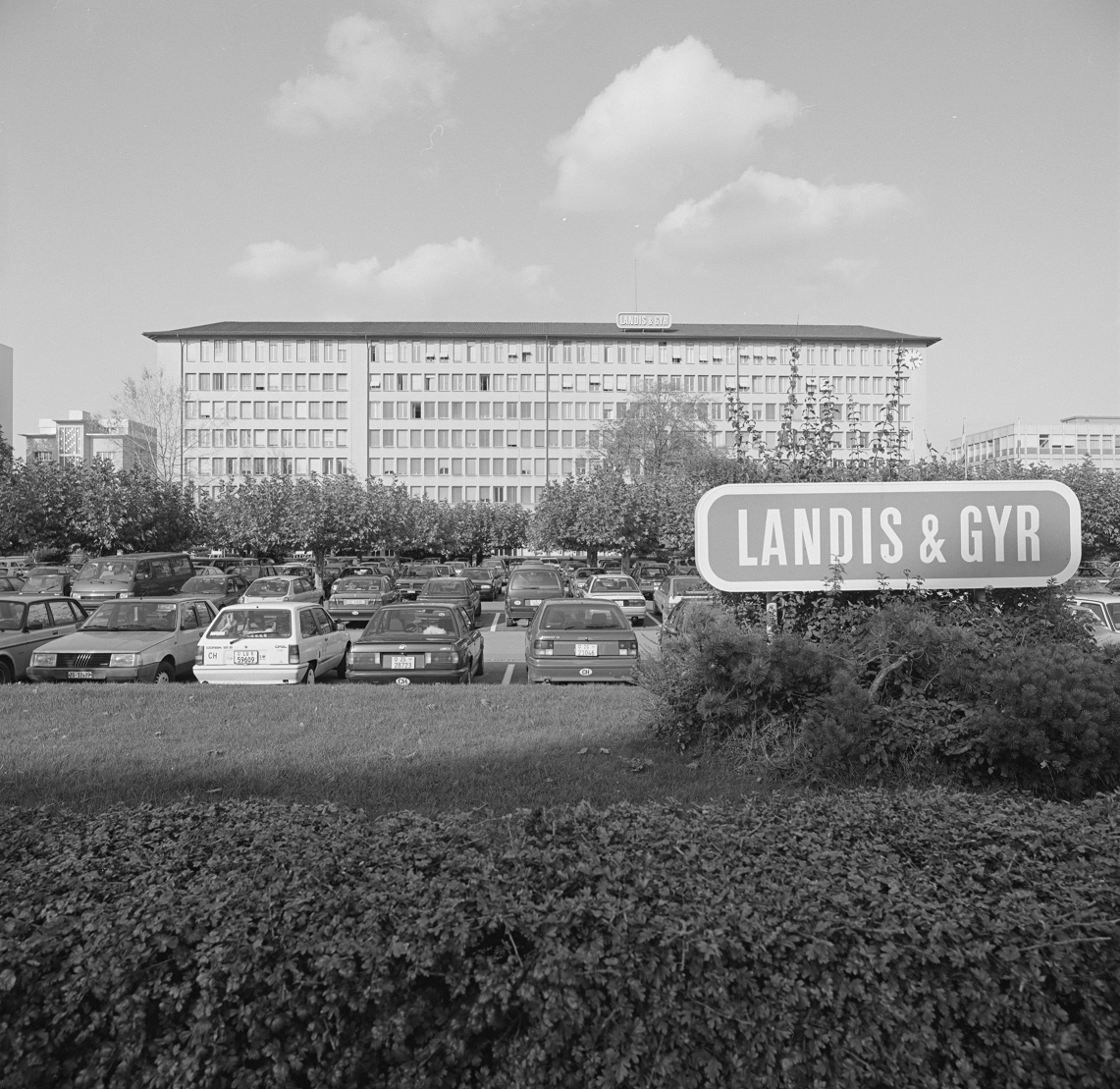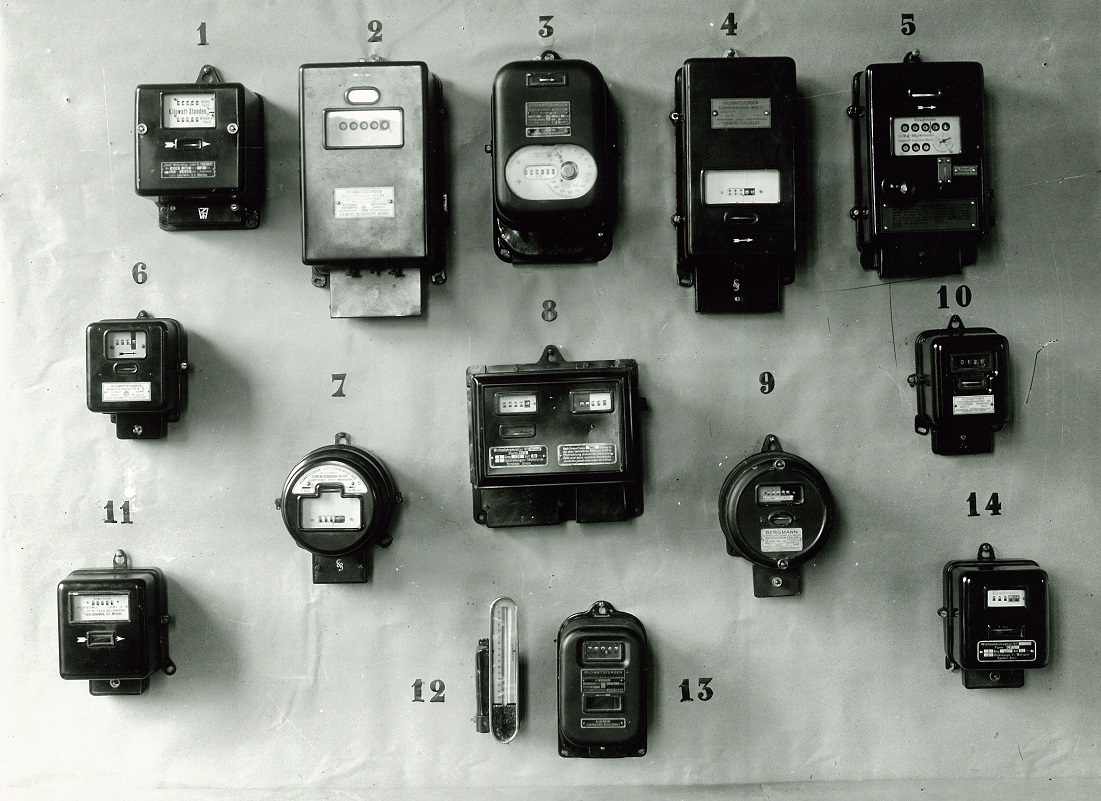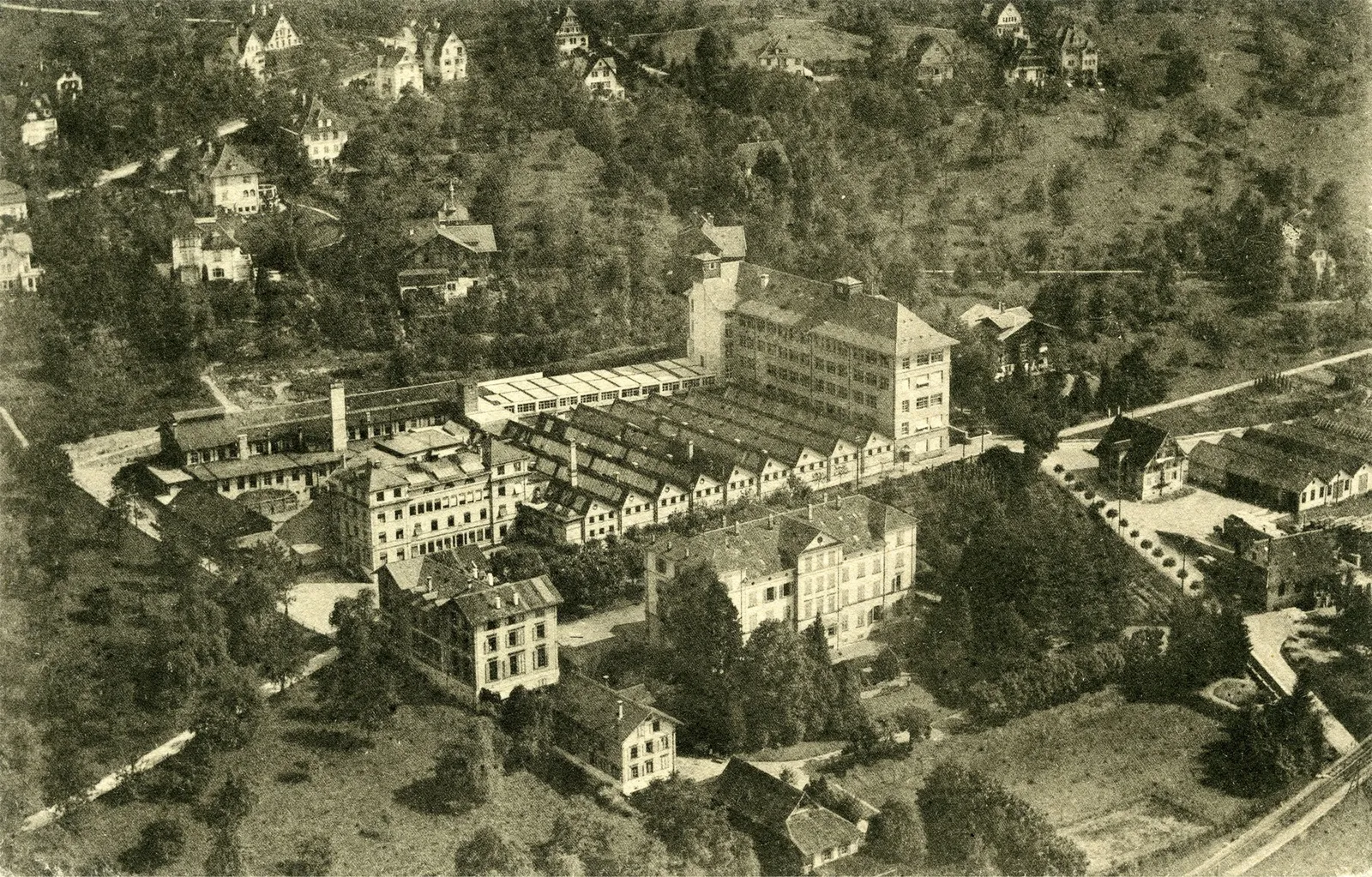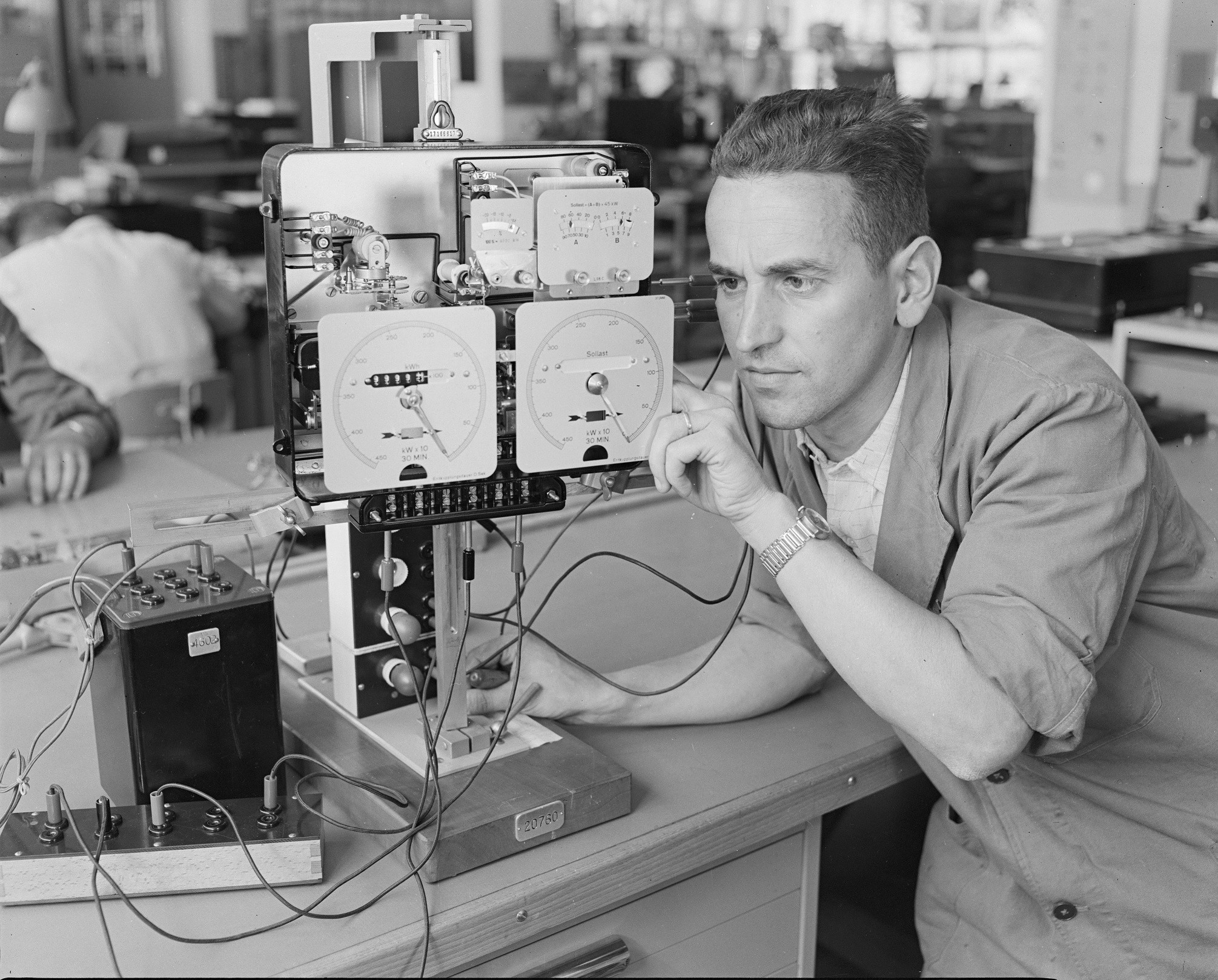Since the Foundation was established in 1971, we have been promoting professional contemporary art and culture creation in Switzerland. Our focus is on supporting artists who live in Switzerland and have already made significant contributions to the cultural scene. Through our involvement, we aim to have an enduring, invigorating effect on the diversity and quality of the Swiss artistic and cultural landscape. We have particularly close links with the town and canton of Zug, where the Foundation is based, and cultural activities there.
We are open and receptive to societal and cultural developments both regional and national, and have established ourselves as a long-standing, reliable partner for Swiss artists, cultural institutions and cultural event organizers. Today, we primarily support contemporary cultural activities by awarding grants to individual artists or by supporting specific projects in the fields of literature/translation, music/composition, dance, theatre, and the visual arts. The residencies and travel grants for curators and cultural critics are a special feature of these awards.
An important and distinctive characteristic of our activities since the 1990s has been the focus on cultural exchange with the countries of East-Central and Southeast Europe. We have been inviting writers and translators from Eastern European countries to our studios in Zug for almost 25 years, while at the same time giving Swiss cultural professionals the possibility of spending time in the countries of that region, supported by our grants.
We actively promote sustainability, social diversity, inclusion and equal opportunities in the cultural sector. As an institution committed to learning, we regularly review our work and adapt our funding praxis to suit the actual needs of artists and cultural professionals. Artists’ social security is a particular concern of ours, and we were one of the first private foundations to integrate it into our funding praxis. Furthermore, we are keen to encourage a healthy work-family balance, in particular by offering a family stipend as an adjunct to our residencies and travel grants.
As a private foundation, we are independent. Our activities are supported solely by income from the Foundation’s endowment capital; this is utilized as sustainably as possible, with a view to supporting professional cultural life in Switzerland.
We are a founder member of SwissFoundations, the association of non-profit grant-making foundations in Switzerland.
Grants
Following our annual call for submissions, we award grants to specific individuals (or duos) from the independent art and cultural scene. These enable them to work on artistic projects without the requirement to make a final presentation, such as an exhibition, concert or publication. The individual funding takes the form of residencies, travel and artist grants, for which artists and cultural professionals from all parts of Switzerland are eligible to apply. [More information]
Projects
We support the creation of contemporary artistic projects in Switzerland. Grants are given as financial contributions towards a specific artistic project involving a particular individual or group of cultural professionals. [More information]
Relay:Culture
With Relay:Culture, the focus is on supporting cultural projects that respond to current societal needs in the context of a pluralistic Switzerland. The emphasis is on high-profile, professionally organized artistic initiatives that facilitate exchange between people of different cultural backgrounds, and actively support inclusion and diversity. [More information]
East-Central and Southeast Europe
We are committed to promoting cultural dialogue with East-Central and Southeast Europe. We have apartments and studios in Budapest, Bucharest and Sofia, which we make available to Swiss cultural professionals. In addition, we also offer travel grants, which are designed to facilitate cultural exchange without being tied to a specific location. Authors and translators from East-Central and Southeast Europe are also given the opportunity to live and work in Zug as part of our residency programme. [More information]
Recognition award
Every year, we present a recognition award of CHF 50,000. The recipient is selected by the Foundation’s board. Consideration is given to deserving Swiss cultural institutions and projects, festivals or companies that have done outstanding work over a long period of time and have implemented innovative ideas. [More information]
Dr. Karl Kobelt, president
Ulrich Straub, vice president
Konrad Bitterli
Tobias Brunner
Simone Keller
Dr. Matthias Michel
Lis Mijnssen
Dr. Gesa Schneider
Dr. Christof Strässle
Nela Bunjevac
Director
Stephanie Heller
Administration and London residencies
Sidonie Jeremić
Communication and grants/residencies East-Central and Southeast Europe
History of the foundation
The Landis & Gyr Foundation was established by the Gyr family and the Landis & Gyr Group in 1971 to mark the 75th anniversary of the electrical company founded in Zug in 1896. The 1970s were the firm’s heyday: an international corporation, it employed a total of 15,000 people around the world. It was also a major presence in the town of Zug, and the biggest employer in the surrounding canton, where 5,200 people worked for the company.
Initially, the Landis & Gyr Foundation’s main focus was providing company employees with access to culture, especially music and fine art. To this end, in the 1970s, art exhibitions and lectures were held in the foyer of the staff canteen. The Foundation also initiated numerous events in Zug, to which employees were given preferred access, and boosted the cultural life of the town with financial support for the new concert hall and theatre in the Casino Zug. Right from the start, it also placed considerable importance on awarding prizes and grants to individuals in the cultural realm. Until the 2000s, awards were also made in the fields of technology and science.
After its active beginnings, which focussed on Zug and the local region, the Foundation made significant changes in the 1980s. The Foundation itself was separated off from the company, becoming its own entity, with its own staff and organization. It has operated independently ever since. Today, although it has a similar name, it is in no way connected with or dependent on the firm Landis + Gyr Group in Cham. Secondly, the Foundation expanded its funding focus to cover the whole of Switzerland, although thanks to its involvement in both the established and the independent arts scenes in Zug and the surrounding canton it maintained its close connections with the region. Another new aspect was the introduction of residencies. In 1987, the Foundation initiated fellowships for Swiss cultural professionals for a residency in London. Between the late 1990s and 2016, this offer was extended with the addition of residencies in Berlin.
With the fall of Communism in Eastern Europe in 1989, the Foundation’s focus shifted again. It became actively involved in promoting artistic and cultural exchange with East-Central and Southeast Europe. This remains its focus to this day. In the 1990s, it collaborated on initiatives by the Institute for Advanced Study in Berlin (Wissenschaftskolleg zu Berlin) to set up similar institutes (IAS) in Budapest (Collegium Budapest, until 2012), Bucharest (New Europe College, NEC), and finally in Sofia (Center for Advanced Study, CAS). The aim of these institutions was and is to provide young practitioners and scholars in the countries of East-Central and Southeast Europe with optimal conditions in which to conduct free and independent research, and to create platforms for establishing transnational networks to discourage the next generation of scholars from migrating abroad. The Foundation also aimed to strengthen Eastern European studies in Switzerland, and to use the newly founded Institutes for Advanced Study as centres of excellence from which to establish transnational scholarly collaboration and partnerships.
In accordance with the aim of cultural exchange, one apartment in each of the Institute buildings in Budapest and Bucharest is available to the Foundation for residencies for Swiss cultural professionals. This offer was supplemented in 2017 with the introduction of a residency in Sofia. Finally, the Foundation created an opportunity for cultural exchange in Zug, as well. In the late 1990s, it acquired a wing of the former Maria Opferung convent, which it converted into four apartments. Since then, these have been offered as residencies for writers and translators (previously also to arts scholars and visual artists) from East-Central and Southeast Europe.
In the early 2000s, the Landis & Gyr Foundation embarked on two new fields of activity. Alongside its established project funding, it created an additional focus in response to the wars in Yugoslavia and subsequent migration to Switzerland from the region. The Foundation began to give preference to projects that aimed to strengthen the coexistence of people from different cultural backgrounds, and promote the integration of people with migration experience into the Swiss cultural scene. In addition, in 2014 the Foundation introduced project-specific travel grants for trips to the Balkan region and Turkey. This eligibility was extended in the 2024 call for applications to the whole of East-Central and Southeast Europe.
Following the outbreak of the COVID-19 pandemic in 2020, the Landis & Gyr Foundation took extraordinary measures. Additional funds were swiftly approved by the board, and the Foundation was able to provide strong support for cultural professionals whose work was affected by the crisis. The Foundation has taken the lessons of the pandemic seriously, and has actively integrated the social security of cultural professionals into its grant-giving processes.
Detailed information on the history of the Landis & Gyr Foundation from 1971to 2021 is available here as a PDF.
Former board members:
Barbara Anderhub
Matthias Bamert
Bruno Bonati (president)
Dr. Andreas C. Brunner-Gyr (vice president)
Dr. Ursula Brunner
Verena Brunner Frey
Dr. Hugo Bütler (president)
Prof. Dr. Iso Camartin (vice president)
Dr. Brigitte Eriksson-Hotz (president)
Dr. Adolf Gugler
Leo Hafner (vice president)
Heinz A. Hertach
Heinrich Hiesinger
Markus Knobel
Dr. Georg Krneta
Prof. Dr. Peter von Matt
Suzanne Mijnssen-Gyr
Dr. Johannes Milde
Ernst Mühlemann
Manfred Papst
Oskar K. Ronner
Dr. Thomas Sprecher (vice president)
Edith Straub-Plattner
Gottfried Straub (president)
Former directors:
Heinz A. Hertach
Regula Koch
Hanna Widrig
50th anniversary
The Landis & Gyr Foundation issued a two-volume publication as part of its 50th anniversary celebrations in 2021. Alongside the literary anthology Die Fantasie ist der Sonntag der Erinnerung, the second volume, Landis & Gyr Stiftung 1971–2021, Geschichte und Fakten, relates many interesting facts about the history of the Foundation, as well as that of the Landis & Gyr Group, which was established in 1905.
Die Fantasie ist der Sonntag der Erinnerung
Zug anthology of East-Central and Southeast European literature, with a forward by Ilma Rakusa, published by essais agités, Zürich 2021 (Vol. 6), 310 pp.
With texts by Gabriela Adameșteanu, Jasmina Ahmetagić, Eugenijus Ališanka, Jurij Andruchowytsch, Zsófia Balla, Zsófia Bán, Lavinia Branişte, Zóltan Csehy, Tadeusz Dąbrowski, László Darvasi, Jacek Dehnel, Radka Denemarková, Daša Drndić, Dmitri Dmitriev, Virág Erdős, Filip Florian, Georgi Gospodinov, Ervina Halili, Nora Iuga, Lejla Kalamujić, Dževad Karahasan, László Krasznahorkai, Zsolt Láng, Luljeta Lleshanaku, Nikola Madzirov, László Márton, Saida Mustajbegović, Lajos Parti Nagy, Ales Rasanaŭ, Tomasz Różycki, Jaroslav Rudiš, Faruk Šehić, Aleš Šteger, Olga Tokarczuk, Kinga Tóth, Serhij Zhadan.
Former awards
The Landis & Gyr Foundation Award was presented in recognition of outstanding achievements by individuals or groups whose exemplary work had a strong positive impact on our culture or society. The award was conferred by the Foundation every two years.
- Award winner 2018: Matthias Burki, spoken word publisher, Lucerne
- Award winner 2016: Robert Schmucki, initiator Idée Sport, Zurich
- Award winner 2014: Hans-Peter Bärtschi, industrial archeologist, Zurich
- Award winner 2012: Dominique Biedermann, ETHOS Foundation, Geneva
In the early 1990s, the Landis & Gyr Foundation (then under the name Zuger Kulturstiftung Landis & Gyr) had already started to recognize outstanding achievements in the following areas: promotion of language, literacy and literature; cultural, scholarly or societal engagement; and intercultural topics. These awards had various names and were conferred at irregular intervals.
Zurlauben Award for the promotion of language and book culture
- 2010: Verein Bücher ohne Grenzen Schweiz VBOGS / Association Livres sans Frontières Suisse ALSFS
- 2008: Solothurn Literature Festival, Solothurn
- 2000 : Bibliobus de l’Université populaire jurassienne, Delémont
- 1995: Literature programme of Swiss Radio DRS2, Basel
- 1993: Ammann publishing house, Zurich
K.H. Gyr Award for groundbreaking work in the fields of culture, scholarship and society
- 2003: Ursula Brunner-Storz, Frauenfeld
- 1998: Gallus Cadonau, Zurich
Intercultural Award
- 2006: Forum of the Integration of Migrants, Bern
- 1999 : Festival Visions du réel, Nyon
- 1997: Organic farmers, Graubünden
- 1993: FEMIA/U. Kaiser, Valais







